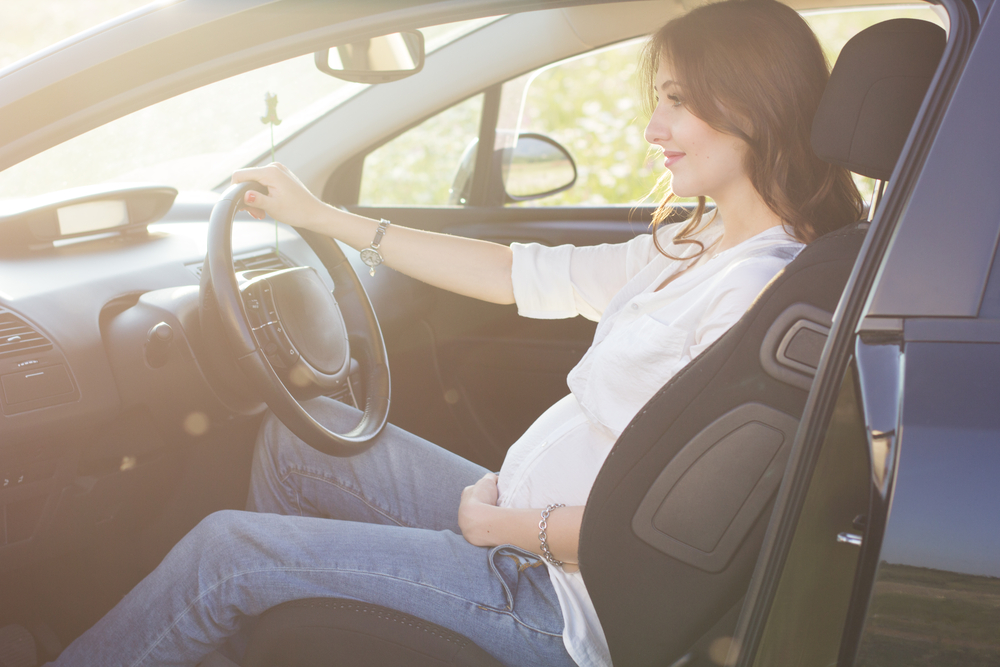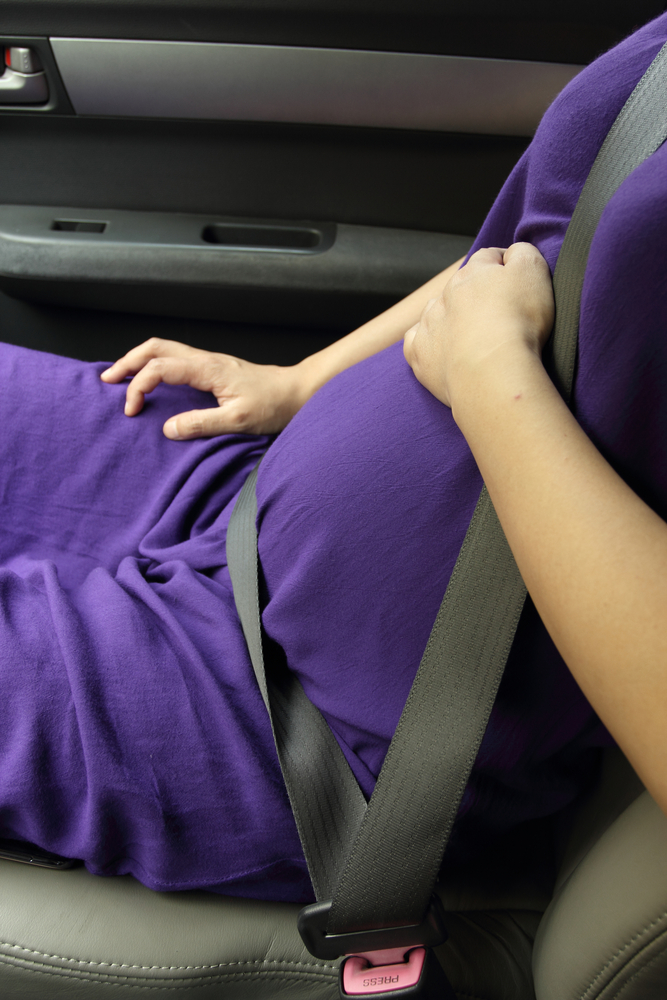
Driving while pregnant

Pregnancy is confusing enough without having to work out bus timetables too, so knowing if there any rules about driving while pregnant would be handy.
It often depends if you feel fit and able to do so, but seeing as there aren't any set rules in place to advise expectant mothers, we've done some digging to help.
There's also the question if your pregnancy will affect your insurance policy. Being pregnant doesn't affect your insurance with Diamond; however, we do have some advice to ensure the safety of both you and your unborn child.
Do I have to wear a seatbelt?
The Department for Transport website specifies pregnant women must wear a seatbelt while travelling in a car. This is the same whether you're travelling in the front or back of the vehicle.
The only exception to this rule is if your doctor has deemed you medically exempt. In this case, you will be given a Certificate of Exemption from Compulsory Seatbelt Wearing. This certificate needs to be kept in your vehicle at all times, and must be shown to the police if you're stopped. You will also need to inform your insurer you have this certificate.
How to wear your seatbelt

There is a recommended way to wear a seatbelt during pregnancy in order to prevent damage to your bump in case of a collision. The following guidelines are provided by The Royal Society for the Prevention of Accidents (RoSPA):
- The diagonal strap should be placed between the breasts, resting the strap over the shoulder rather than the neck
- The lap strap should be placed across the hips to ensure that it sits under the bump, not over it
- Lap only belts should be avoided by pregnant women, as it's much safer for both the mother and the unborn child to wear a lap and diagonal seat belt. This method ensures the body's frame will absorb the forces applied if there was a sudden impact. Additionally, the front seat of a car, which is fitted with airbags, should be pushed back as far as possible.
Make it a comfortable journey
According to the NHS Direct website, one of the most common causes of injury in pregnant women is road accidents. It provides the following advice for pregnant women:
- As fatigue and dizziness are common during pregnancy, it's important to stay hydrated during car journeys and eat natural foods that provide energy, such as fruit and nuts
- Take regular breaks to ensure you stay alert and keep the air circulating in the car.
If you need to make long trips, try to avoid doing them on your own and share the driving if possible.
Driving after pregnancy
Whether it's safe for you to drive depends on how you feel after giving birth, you should only drive if you feel well enough to do so.
After a natural birth, it's recommended new mothers rest for several days before carrying out usual daily activities. However, if you feel you're able to do so, then short car journeys shouldn't be a problem. It's recommended you wait a few weeks before making long journeys. If you're in any doubt you should check with your GP.
After a caesarean section it's likely it will take a few weeks until you feel well enough to be able to do activities such as driving. The NHS Direct website recommends seeking advice from your midwife if you are unsure whether to drive.
If you have any more questions just let us know by tweeting @DiamondForGirls or posting to our Facebook page.

